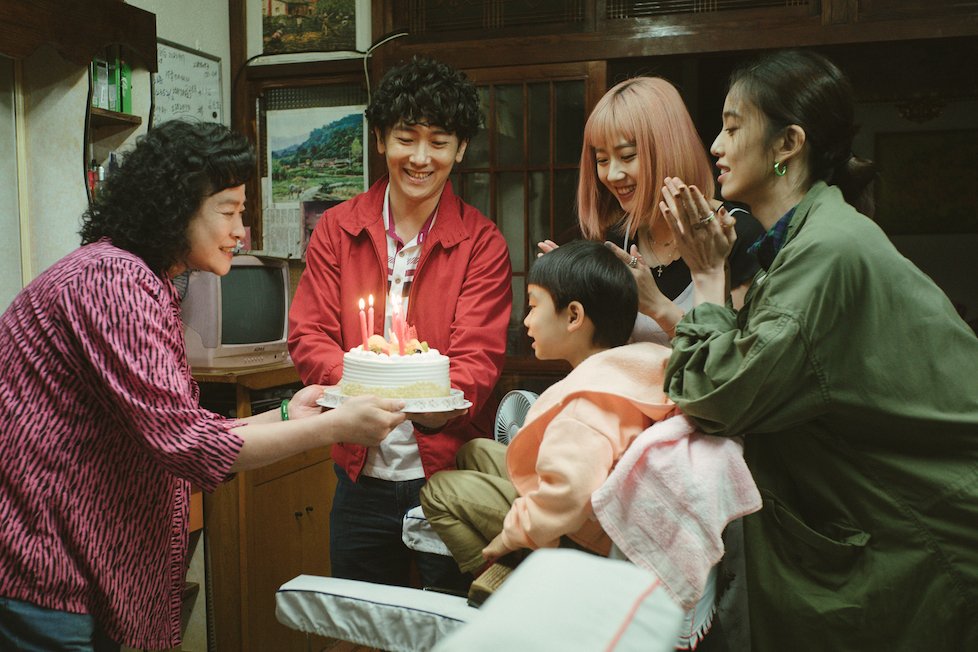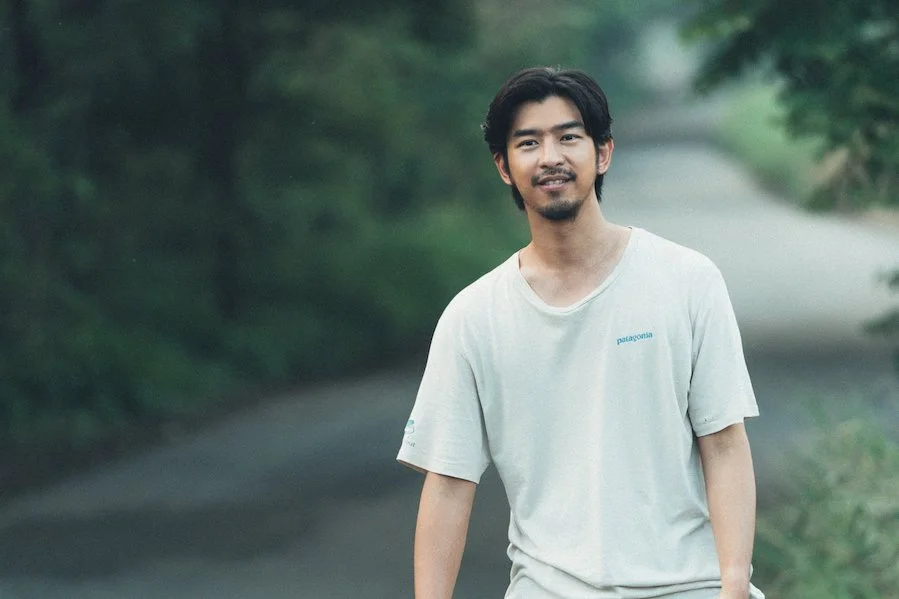‘Day’ Gone By
Fu Tien-yu lures Taiwanese legend Lu Hsiao-fen out of mostly-retirement for one last kick at the can. She’s not too old for this shit.
Day Off
Director: Fu Tien-yu • Writer: Fu Tien-yu
Starring: Lu Hsiao-fen, Fu Meng-po, Beatrice Fang, Annie Chen, Shih Ming-shuai
Taiwan • 1hr 46mins
Opens Hong Kong May 18 • IIA
Grade: B+
Writer-director Fu Tien-yu made something of an impression way back in 2009 with her first film, Somewhere I Have Never Travelled, which was essentially a coming-of-age story about a little girl dealing with her boozing father and cranky grandmother in rural Taiwan. It was the kind of gentle, unassuming drama that, at first glance, had the veneer of a Deep & Meaningful examination of maturing into young childhood but, scratch the surface, and it was an achingly familiar trifle about a perplexed 10-year-old navigating her world. It wasn’t bad; what it was, was a promising first feature. The characters were archetypes Fu never really let us get inside, despite the engaging dynamics among the cast, and the metaphor was a little on the nose.
Still. There was something warm and fuzzy in the familiarty of Somewhere, and Fu taps that again for her latest, Day Off | 本日公休, another low-key, low-action, quiet drama about… not much. But not much in a good way, as Fu’s thing this time around is how the connections we make in the most unassuming moments, and through the most mundane chores, can be the basis for real relationships and real communities, and the bond you have with your hairdresser can be as D&M as you want it to be. Day Off stumps for lost crafts and skills, and Fu’s got a better handle on the material this time around, even if the filmmaking remains prosaic.
Fu supposedly based the film on her own mother’s career as a hairstylist, and it shows. It feels lived-in and authentic. Making her decidedly unsexy, entirely middle-aged return to the screen after 20-odd years away, 1980s hottie Lu Hsiao-fen (Ann Hui’s Song of the Exile, uh… The Sexy Lady Driver) plays A-Rui, a hairdresser who’s been cutting the same people’s hair for nearly 40 years in a quiet little corner of Taichung. Her small acts of kindness have earned her a loyal customer base, even when facing down the gig economy and ultra-express services. A-Rui defiantly runs her business her way, and Lu embodies the character with so much clumsy humanity it’s hard not to see things her way.
Her homey, almost ramshackle shop is the centre of town in its way; the gossip comes through here, everyone knows everyone’s business, much to the chagrin of her kids, particularly the dollar-driven Ling (TV fixture Beatrice Fang Chih-yu), also a hairdresser, but at a fancy urban salon, who’s not so great because she lacks, well, a grasp on service – and kindness. Taipei-based make-up artist Xin (Annie Chen Ting-ni, Terrorizers) is killing herself with long hours for the “glamour” of it all, and son Nan (Shih Ming-shuai, A Sun) is all about the crypto, baby. Needless to say, his multiple get-rich schemes have come to nothing. When a dying, long-time client needs one last ’do, A-Rui drops everything, hops in her ’80s Volvo and hits the road to help him out.
Fu keeps it simple, toggling between Ling, Xin and Nan’s personal dramas and casting them against A-Rui’s relatively stress-free life. She also sets up their worldviews to clash with A-Rui’s, as a craftsperson who’s a big believer in karma, and it all “coming out in the wash.” Her willingness to do free favours and worry about money later scandalises her kids. But her philosophy has its proponents, like the finance bro-turned-farmer (Chen Bo-lin in a nice cameo) she meets on her road trip and, more crucially, Chuan (Fu Meng-po, Detention), Ling’s ex-husband, who runs his mechanic shop like A-Rui runs her salon.
Day Off peaks when A-Rui gets to the dying client, and silently but professionally goes about her business of getting him looking sharp for the next life. Fu shoots the action (there’s no soundtrack during the scene) without flash and dash; there’s no jagged movement or raggedy cuts. The warm glow is steady and reverent, kind of like the way A-Rui treats the dying man, a tone that bleeds into his family standing by. When she’s done, she’s silently given permission for them to mourn their loss. The sequence is stealthy in how affecting it is, and in truth it would only be half as moving if Lu weren’t so effortlessly sincere and likeable. Does it stink a tiny bit of “Small town good, big city bad” sanctimony? Maybe. But sometimes a little pleasant earnestness about our better nature is enough to overlook a little urban bigotry. — DEK



